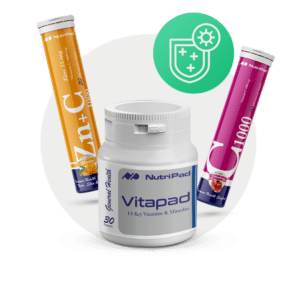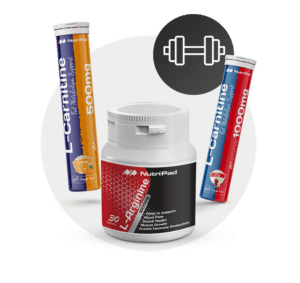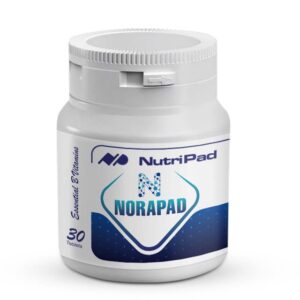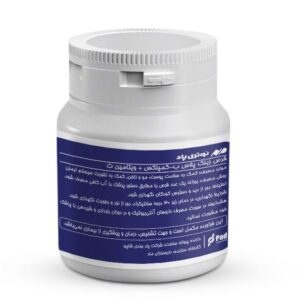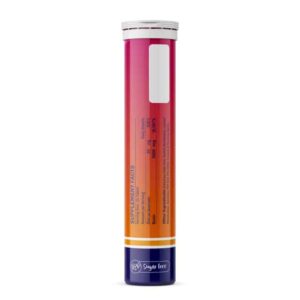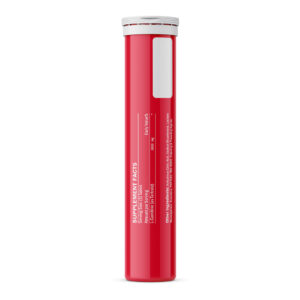What are the symptoms of vitamin B12 deficiency?
Vitamin B12 is necessary for blood production, synthesis of DNA molecules (and as a result cell proliferation), and normal nervous system function. Our body is not capable of producing vitamin B12 and we need to take it through diet or supplements. Vitamin B12 is solely found in animal food sources such as meat, eggs, fish and liver, and people who adopt a vegetarian diet will experience the symptoms of vitamin B12 deficiency after the body’s reserve of vitamin B12 is exhausted (about two years). In the United States and England, more than 20% of the population over 60 years of age have vitamin B12 deficiency. Our daily need for vitamin B12 is at least 2.4 micrograms per day. Some people suffer from vitamin B12 deficiency due to impaired “absorption” of this vitamin. For example, in pernicious anemia, due to the disorder in the absorption of vitamin B12, it is necessary to receive this vitamin by injection for lifetime. Vitamin B12 deficiency may be associated with symptoms such as numbness in the limbs, feeling tiredness and fatigue and the cause of these symptoms may simply be overlooked in practice. The “need” for vitamin B12 is increased during pregnancy, breastfeeding and during growth periods which makes people susceptible to deficiency.
The first and most important effect of vitamin B12 deficiency is anemia, which manifests itself with a feeling of weakness, lethargy and fatigue. Anemia and as a result the reduction of oxygen delivery to the tissues, causes a decrease in a person’s ability for activity and even shortness of breath in severe cases. In the microscopic examination of blood, there are red blood cells that are larger than normal while hemoglobin content of them is lower than normal. This type of anemia is called megaloblastic anemia. These cells are destroyed more easily than normal red blood cells, that in severe cases, it shows itself with jaundice. Jaundice can be diagnosed more easily in the conjunctiva and sclera of the eyes.
Vitamin B12 deficiency also causes mental and neurological symptoms, such as impaired concentration, confusion and headache. B12 deficiency has been associated with an increase in homocysteine, which is itself related with an increase in the incidence of migraines. Digestive problems such as constipation, nausea, vomiting, bloating are also more common in people with vitamin B12 deficiency. In more severe forms of deficiency, inflammation and redness in the mouth and tongue (stomatitis and glossitis) may be seen.

Decreased concentration, confusion and memory loss are important symptoms in vitamin B12 deficiency and may be easier to diagnose in people who are studying. Depression, mood changes and even hallucinations are seen in severe cases of vitamin B12 deficiency. Other neurological symptom associated with vitamin B12 deficiency are numbness or tingling in the limbs (peripheral neuropathy), muscle cramps, impaired balance and even erectile dysfunction (in men). Studies have shown that in patients with diabetes, the use of vitamin B12 supplements can improve the symptoms of diabetic neuropathy and in patients with vitamin B12 “deficiency”, this improvement is more prominent. The use of metformin (one of the important oral hypoglycemic drugs) makes diabetic patients susceptible to vitamin B12 deficiency. As a result, it is important to pay attention to vitamin B12 deficiency in diabetic patients. Vitamin B12 deficiency may also affect the optic nerve and cause vision impairment by causing neuropathy in the optic nerve. However, this condition is usually reversible.
Vitamin B12 deficiency is one of the causes of hair loss. The reason is the role of vitamin B12 in cell proliferation and DNA production and the occurrence of anemia due to the lack of this vitamin.
Assessment of vitamin B12 is available in most laboratories that along with clinical symptoms can help make a definitive diagnosis. Treatment of vitamin B12 deficiency, is taking foods and oral supplements containing vitamin B12. In case of impaired vitamin B12 absorption (pernicious anemia), the injectable form of vitamin B12 should be used.





